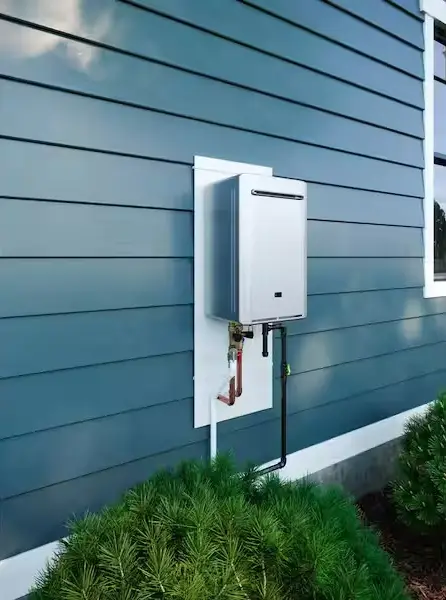
Best Propane Smokers for Flavorful BBQ: Features, Recipes & Maintenance Tips
Best Propane Smokers for Flavorful BBQ: Features, Recipes & Maintenance Tips Propane smokers are the efficient alternative to everyone who desires deep, smoky tastes without having to constantly replenish wood or charcoal. They warm up fast, have steady temperatures, and

